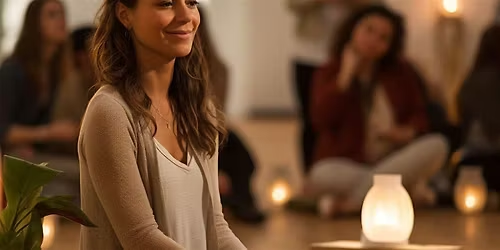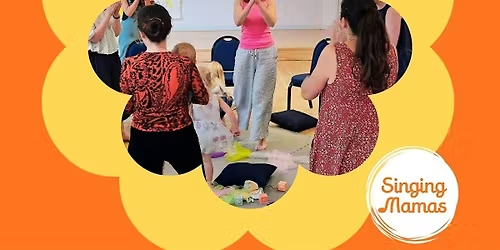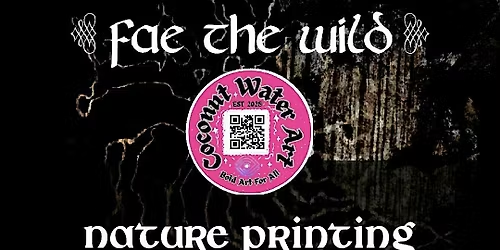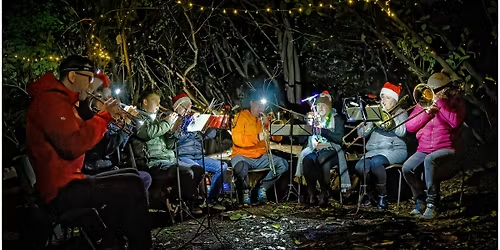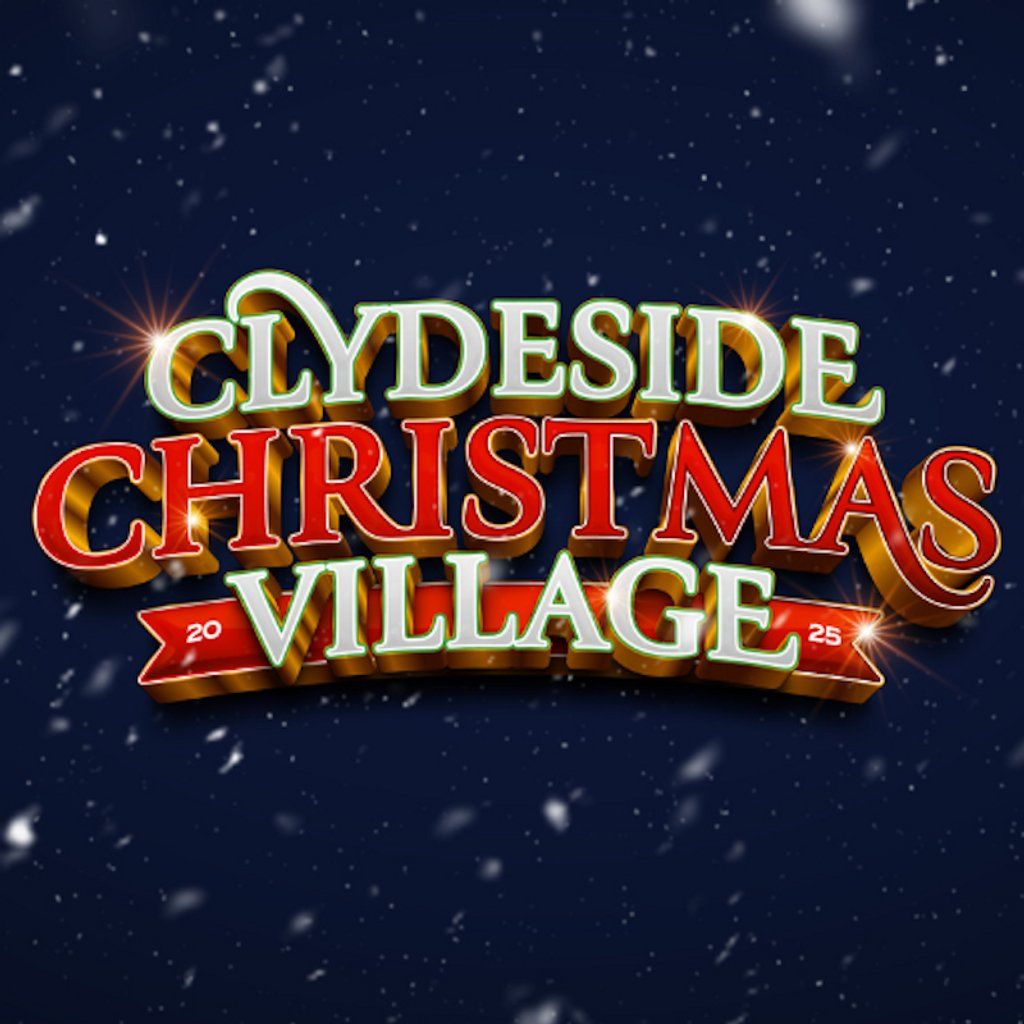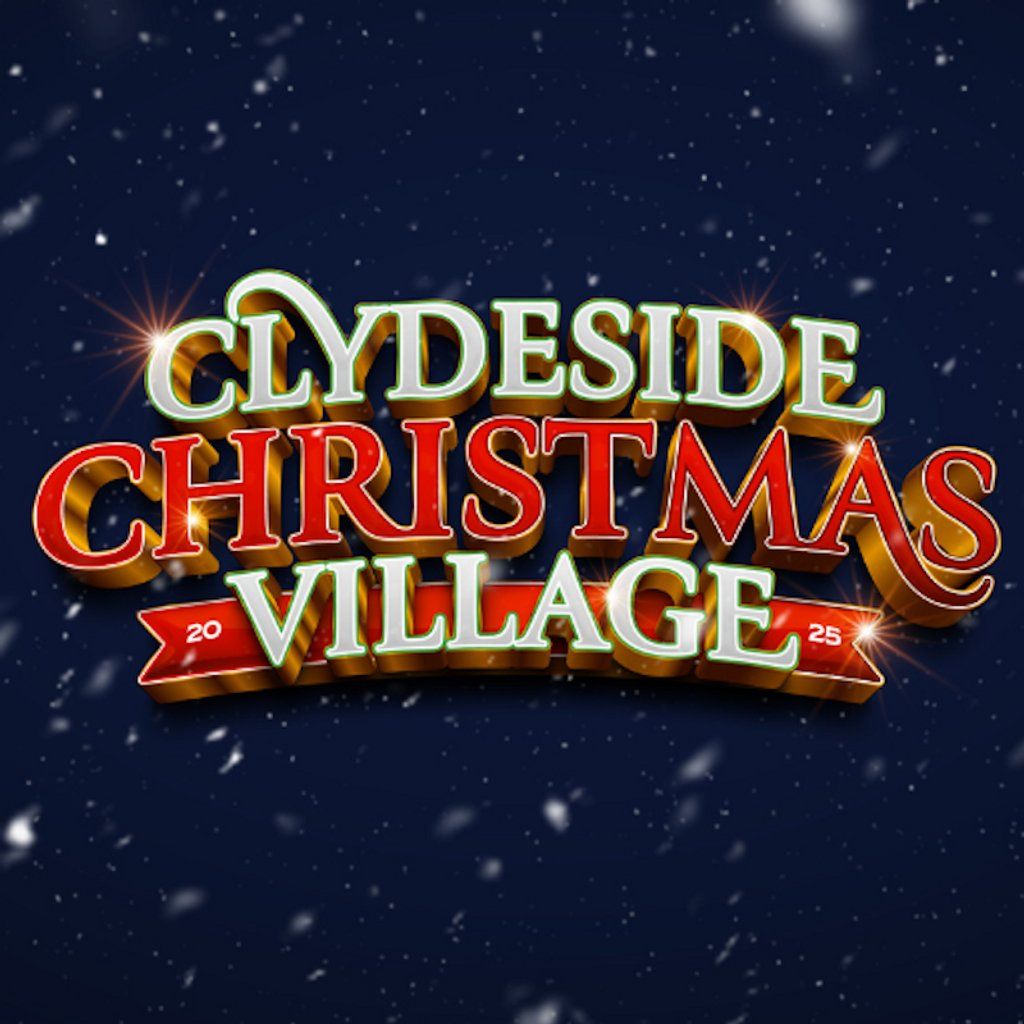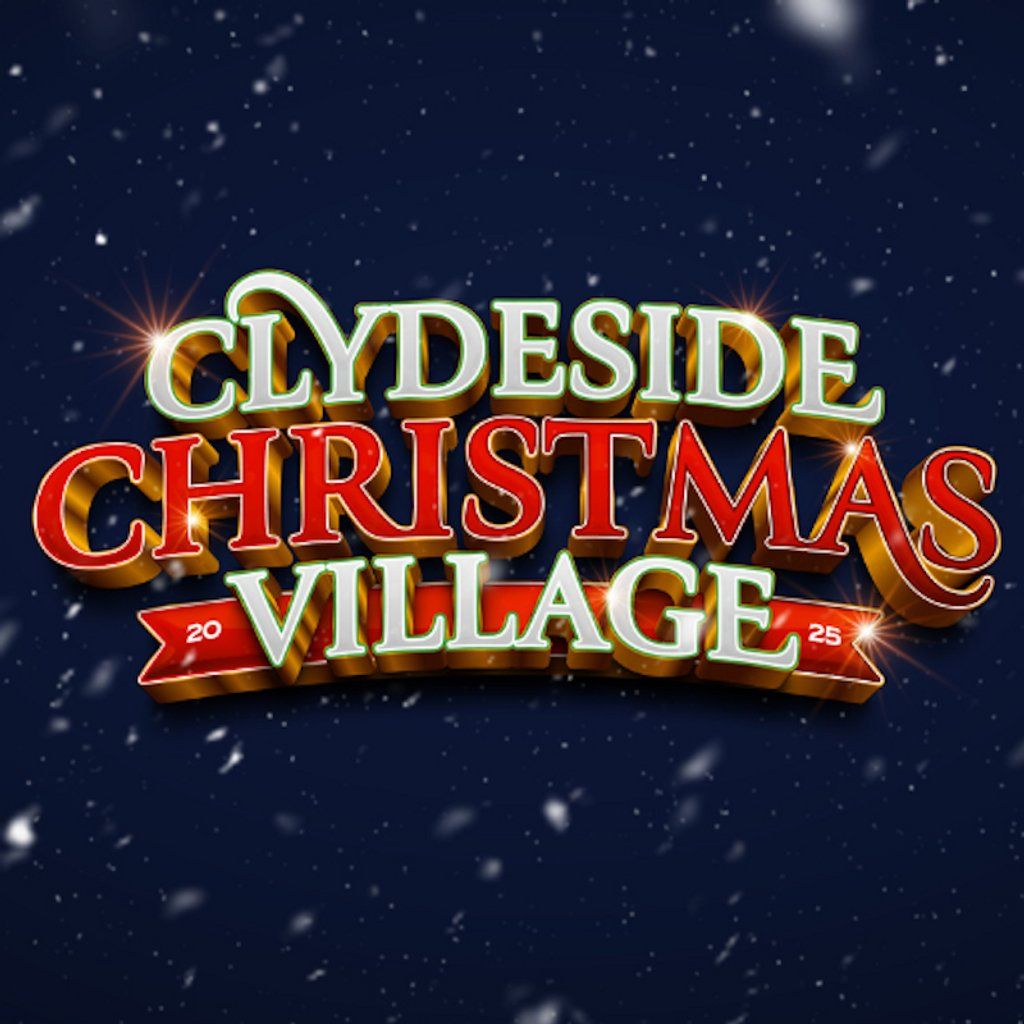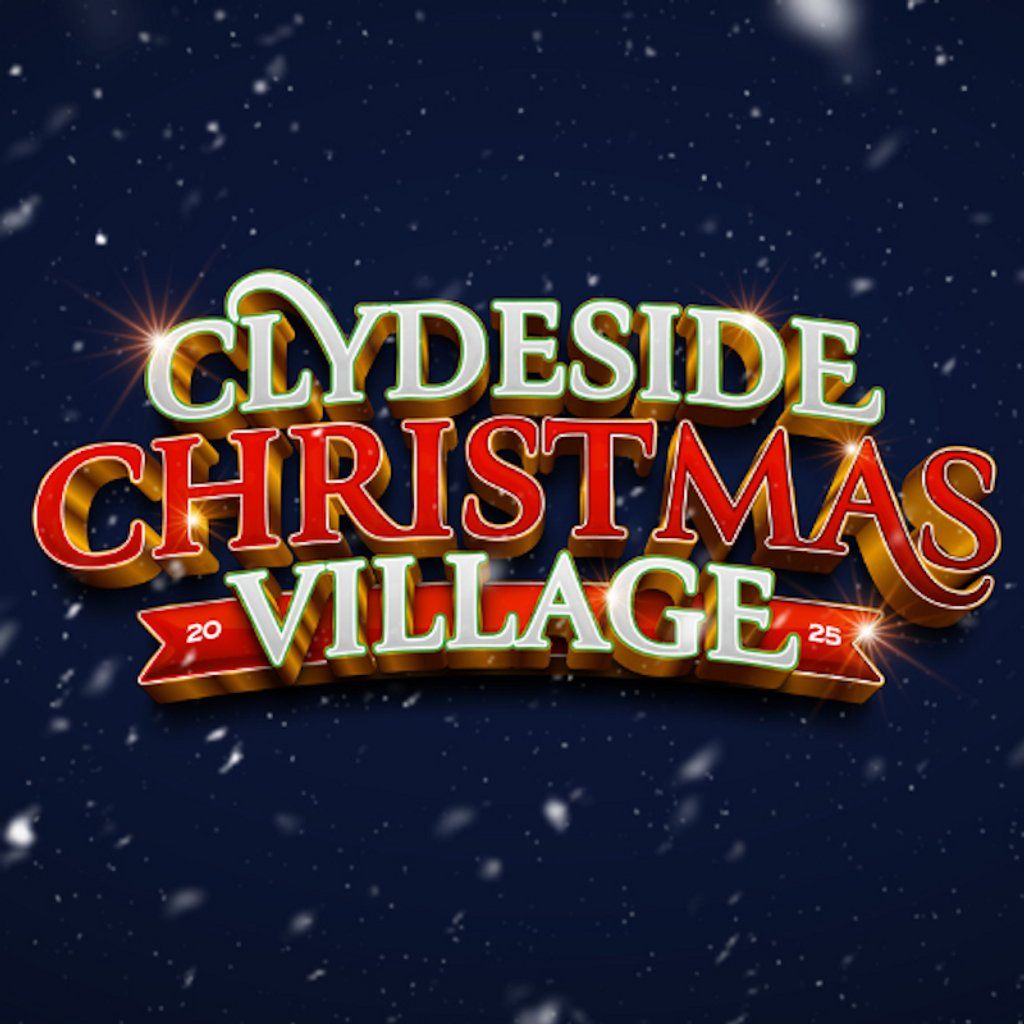Strathclyde Physics Christmas Lecture
Schedule
Fri Dec 19 2025 at 03:00 pm to 04:00 pm
UTC+00:00Location
John Anderson Building | Glasgow, SC
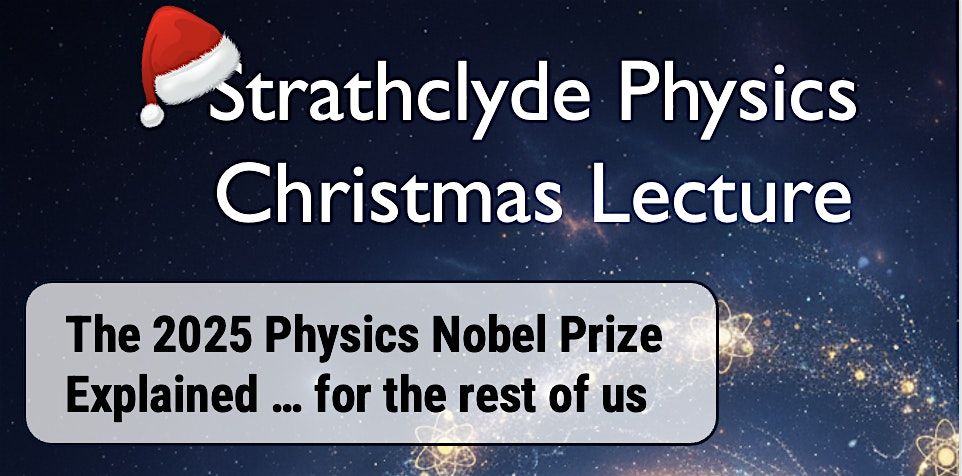
About this Event
The Inaugrual Strathclyde Physics Christmas Lecture a look at the science and excitement around the Nobel Prize for Physics in 2025
This year the Prize was awarded for experiments that revealed quantum physics in objects large enough to hold in your hand. This work addressed a major question in physics about how big can a system be and still demonstrate quantum mechanical effects, or does it only apply on the scale of atoms.
The Christmas Lecture is a public event, and is open to colleagues from across the disciplines.
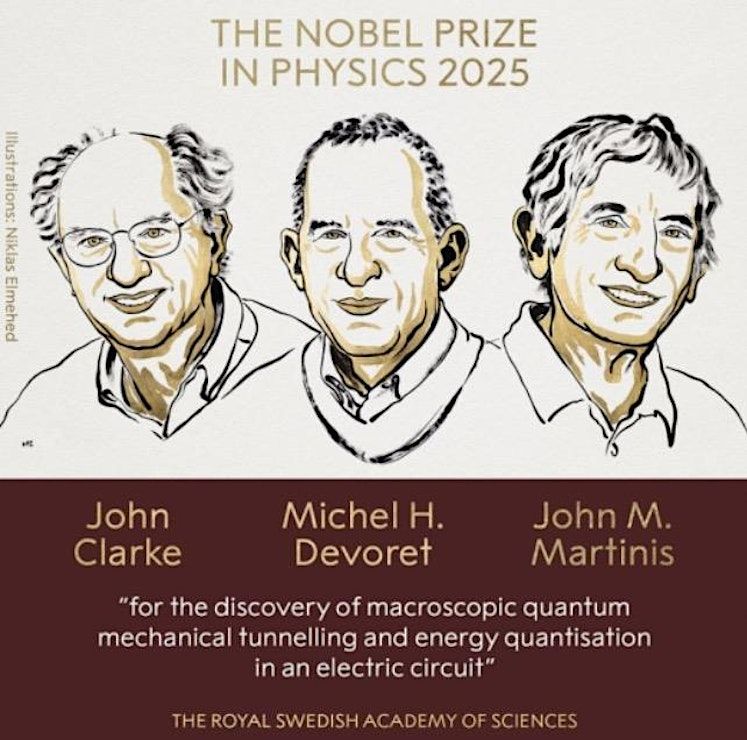
From the foundations of quantum mechanics to billion-dollar quantum computing industry
The Nobel Prize in Physics 2025 was awarded jointly to John Clarke, Michel H. Devoret and John M. Martinis "for the discovery of macroscopic quantum mechanical tunnelling and energy quantisation in an electric circuit". While quantum tunnelling was accepted in atomic systems early on, the idea that it could occur between macroscopically distinct quantum states was long controversial and many of the founders of quantum mechanics believed it to be impossible.
In the 1980s, this year’s laureates experimentally demonstrated not only that macroscopic quantum tunnelling is real; but that it can be observed in an electrical circuit. Their work not only deepened our understanding of quantum mechanics but also showed that we can engineer systems that behave quantum mechanically. This breakthrough laid the foundation for superconducting qubits, a key technology in today’s rapidly growing field of quantum computing.
Tobias Lindstrom received his PhD in Physics from Chalmers University of Technology, Sweden, in 2005.
He joined NPL 2012 and is now a Principal Scientist in the Department of Quantum Technologies. In 2024 he became the Head of Science for the department.
Tobias's research interests include many aspects of solid-state quantum information processing. In particular the study of decoherence mechanisms and other topics related to the materials used to fabricate quantum circuits. He is also involved in the development of novel methods and instruments for characterising quantum circuits.
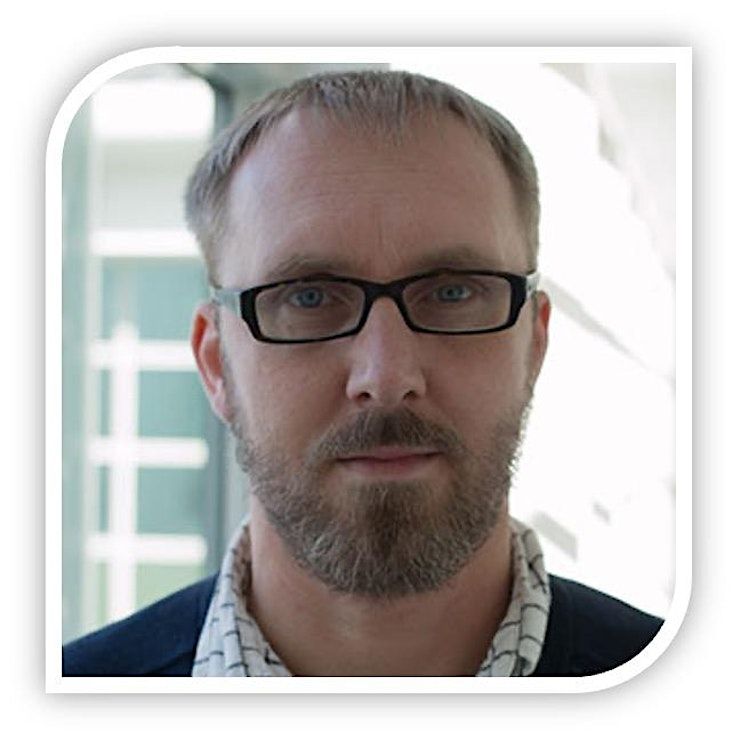
Where is it happening?
John Anderson Building, 107 Rottenrow East, Glasgow, United KingdomEvent Location & Nearby Stays:
GBP 0.00


